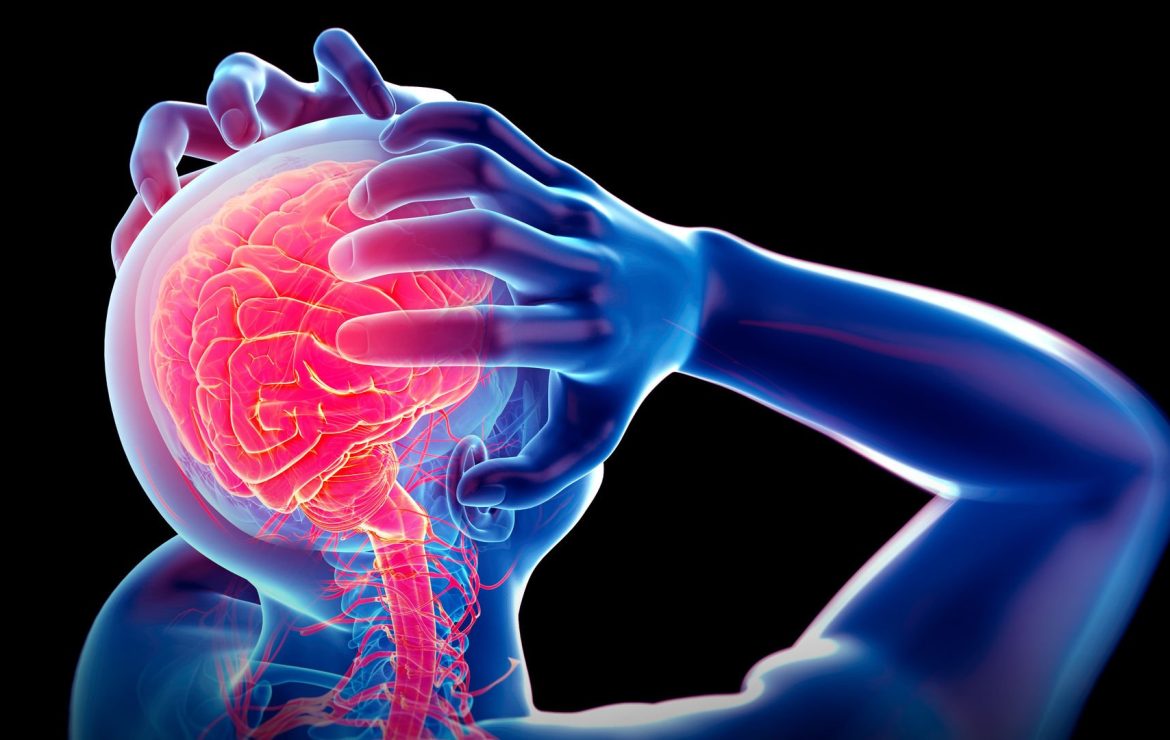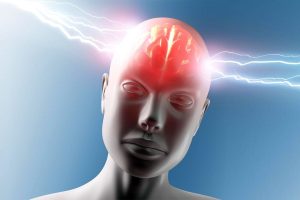Is Nutrition Important in Epilepsy?

Is Nutrition Important in Epilepsy?
Epilepsy is a chronic neurological disease that affects millions of people worldwide. In epilepsy patients, abnormal fluctuations occur in the brain’s normal electrical activities, leading to seizures. While medications and sometimes surgical interventions are commonly used in the treatment of epilepsy, nutrition is also known to have a significant impact on this disease. Specialist Dr. Mustafa Zafer Demirtaş, working at the Alanya neurology clinic, explains the effects of nutritional habits on managing epilepsy and the points that should be considered.
The Relationship Between Epilepsy and Nutrition
The relationship between epilepsy and nutrition has been a subject of research for many years. Certain nutritional models and diets can help control epilepsy seizures and reduce their frequency. In particular, the ketogenic diet is a widely used and effective nutritional model in the treatment of epilepsy.
Ketogenic Diet and Epilepsy
The ketogenic diet is a nutritional model that is high in fat, low in carbohydrates, and adequate in protein. The main goal of this diet is to induce a state called ketosis in the body, where energy is produced from fats. The effect of the ketogenic diet in reducing epilepsy seizures was first discovered in the 1920s. Since then, many studies have been conducted on the efficacy of the ketogenic diet, especially in patients with drug-resistant epilepsy.
The positive effects of the ketogenic diet on epilepsy can be explained by its ability to alter the brain’s energy metabolism, thereby increasing the seizure threshold. This diet can significantly reduce the frequency and severity of seizures, especially in children with resistant epilepsy.
Other Nutritional Recommendations for Epilepsy Patients
In addition to the ketogenic diet, there are some general nutritional recommendations for epilepsy patients. Specialist Dr. Mustafa Zafer Demirtaş at the Alanya neurology clinic summarizes the key points that epilepsy patients should pay attention to in their diet:
- Regular and Balanced Nutrition: It is important for epilepsy patients to maintain stable blood sugar levels. Therefore, eating at regular intervals and following a balanced diet can help control seizures.
- Magnesium and Vitamin B6: Magnesium and vitamin B6 are important for the health of the nervous system. Adequate intake of these minerals can support the control of seizures. Foods rich in magnesium include leafy green vegetables, nuts, and whole grains.
- Caffeine and Alcohol Consumption: Caffeine and alcohol can have stimulating effects on the brain and increase the risk of seizures. Therefore, epilepsy patients are advised to limit or completely avoid the consumption of caffeine and alcohol.
- Gluten and Lactose: Some epilepsy patients may have sensitivities to gluten and lactose. In such cases, avoiding foods containing gluten and lactose can contribute to seizure control.
The Role of Nutrition in Epilepsy Management
Nutrition plays a crucial role in the management of epilepsy. Proper nutritional habits can help reduce the frequency and severity of seizures. Specialist Dr. Mustafa Zafer Demirtaş at the Alanya neurology clinic supports his patients by creating nutritional plans tailored to their individual needs. Even small changes in the diet can make a significant difference in the treatment of epilepsy.
Conclusion
Nutrition is of great importance in epilepsy. Specific nutritional models, such as the ketogenic diet, can be effective in controlling seizures. Additionally, general nutritional recommendations, such as regular and balanced eating, intake of magnesium and vitamin B6, and limiting caffeine and alcohol consumption, are beneficial for epilepsy patients. Specialist Dr. Mustafa Zafer Demirtaş, working at the Alanya neurology clinic, evaluates the nutritional habits of epilepsy patients and provides solutions to improve their quality of life. Paying attention to nutritional habits is an important step in controlling seizures for epilepsy patients.







